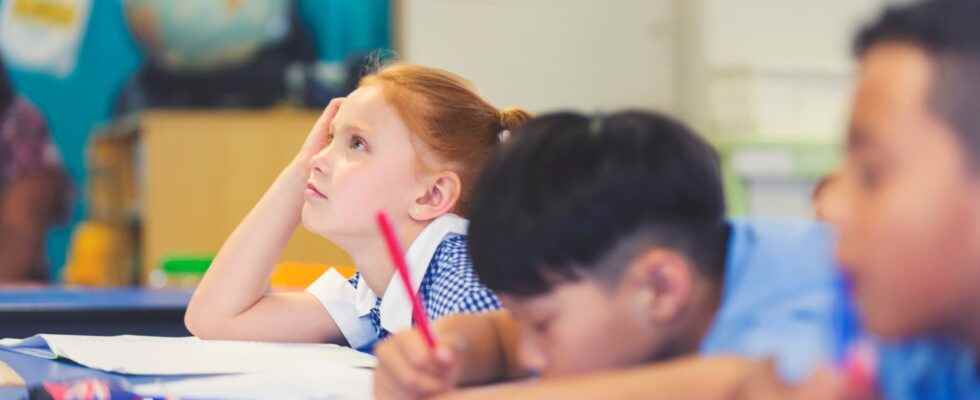“I wouldn’t go so far as to say that you should always put German in the first lesson”
Studies from the Netherlands and Scandinavia have shown that students with later chronotypes do worse on early exams than their lark-type peers. In the natural science subjects, they wrote exams that were up to a whole grade worse. In terms of grades, social sciences and humanities subjects were slightly less dependent on chronotypes. However, this does not mean that the chronotype does not have an influence on the performance in these subjects. I wouldn’t go so far as to say that German and history should always be included in the first lesson.
Why not just change the start of school?
There’s a tendency to stick with the status quo, like, “It didn’t do me any harm in the past.” There are also problems with public transport, such as buses that do not run regularly after 8:30 a.m. In the worst case, the children would have to be driven to school. Many families in which both parents work would then be faced with the question: What do I do with my children when I’m already at work?
It would be correct to start school later, or to deal with the material that is not relevant to the exam in the first few hours. Another solution would be not to put exams in the first few hours. Then you give the students the chance to get into their active phase.
There are model schools with a later start of classes. What are the lessons?
There are several such school initiatives nationwide. Sometimes the priority is to change the schedule of the students, sometimes school actually starts later for some groups. The Alsdorf high school in Aachen, for example, has introduced a kind of flexitime: In the first two hours, the students are busy themselves and can do their homework under supervision. At Hamburg’s Marienthal Gymnasium, on the other hand, classes start at half past eight in the morning, and here in Lübeck there is a Walldorf school that starts an hour later than usual. So far, there has been no scientifically based analysis of these initiatives. At least anecdotally, they seem to be working out well – once the logistical issues have been overcome. I have yet to hear of a school going back to the old system.
